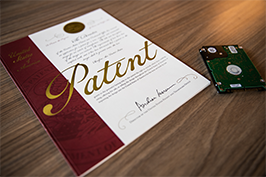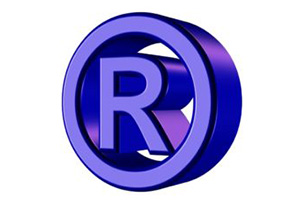Copyright, Trademark, & Patents: What’s the difference?
In the digital age we have so much access to information and technology it can often be overwhelming. As an entrepreneur it is easier than ever to get your ideas out there, but what exactly do you need to know about protecting your business and your ideas. The simple thing to do is get information on the basics, copyright, trademarks, and patents, what are they and which one do you need?
Copyright: A copyright, similar to a trademark is a means of protecting your intellectual property. Copyrights are a form of protection for authors of “original works of authorship,” including literary, dramatic, musical, artistic, and certain other creative works.
Copyright does not cover intellectual property such as titles, names, short phrases, and slogans; familiar symbols or designs; or mere variations of typographic ornamentation, lettering, or coloring. This type of intangible property is often more appropriately protected by a trademark.
Trademark: A trademark protects a word, phrase, symbol or design (or a combination of these), that identifies and distinguishes the goods or services of one person or company from those of others.
Some things, such as more complex logos, may qualify for both trademark and copyright protection. This is because the amount of original authorship in a logo can vary greatly.
If you are an inventor, a creator of hardware, you may be more inclined to file for a patent.
Patent: Patents give you the right to exclude others from making, using, and selling or importing your invention. An owner of an enforceable prior patent that is broader than yours and which reads on your invention can stop you, various laws can stop you, and the government can stop you from making, using, and selling your own invention. However you don’t need a patent to make and sell products.











